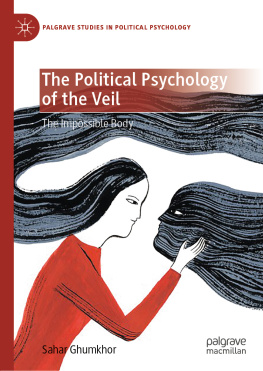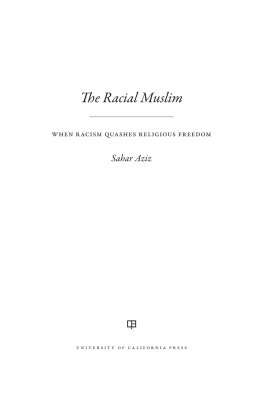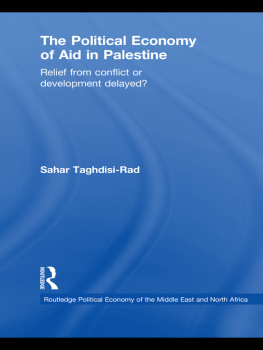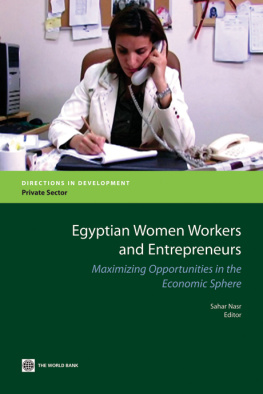Sahar Ghumkhor - The Political Psychology of the Veil : The Impossible Body
Here you can read online Sahar Ghumkhor - The Political Psychology of the Veil : The Impossible Body full text of the book (entire story) in english for free. Download pdf and epub, get meaning, cover and reviews about this ebook. publisher: Springer International Publishing, genre: Religion. Description of the work, (preface) as well as reviews are available. Best literature library LitArk.com created for fans of good reading and offers a wide selection of genres:
Romance novel
Science fiction
Adventure
Detective
Science
History
Home and family
Prose
Art
Politics
Computer
Non-fiction
Religion
Business
Children
Humor
Choose a favorite category and find really read worthwhile books. Enjoy immersion in the world of imagination, feel the emotions of the characters or learn something new for yourself, make an fascinating discovery.
- Book:The Political Psychology of the Veil : The Impossible Body
- Author:
- Publisher:Springer International Publishing
- Genre:
- Rating:4 / 5
- Favourites:Add to favourites
- Your mark:
- 80
- 1
- 2
- 3
- 4
- 5
The Political Psychology of the Veil : The Impossible Body: summary, description and annotation
We offer to read an annotation, description, summary or preface (depends on what the author of the book "The Political Psychology of the Veil : The Impossible Body" wrote himself). If you haven't found the necessary information about the book — write in the comments, we will try to find it.
The Political Psychology of the Veil : The Impossible Body — read online for free the complete book (whole text) full work
Below is the text of the book, divided by pages. System saving the place of the last page read, allows you to conveniently read the book "The Political Psychology of the Veil : The Impossible Body" online for free, without having to search again every time where you left off. Put a bookmark, and you can go to the page where you finished reading at any time.
Font size:
Interval:
Bookmark:
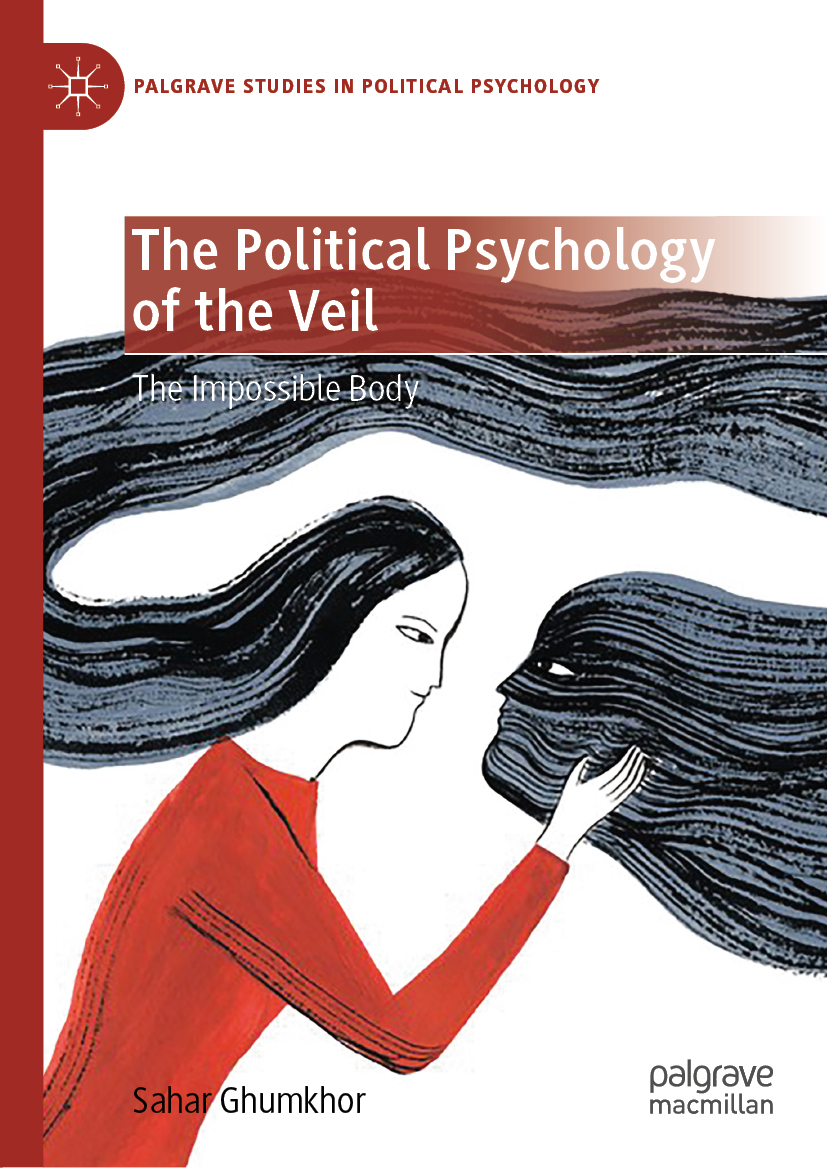
The Palgrave Studies in Political Psychology book series profiles a range of innovative contributions that investigate the leading political issues and perspectives of our time. The academic field of political psychology has been developing for almost fifty years and is now a well-established subfield of enquiry in the North American academy. In the context of new global forces of political challenge and change as well as rapidly evolving political practices and political identities, Palgrave Studies in Political Psychology builds upon the North American foundations through profiling studies from Europe and the broader global context. From a theoretical perspective, the series incorporates constructionist, historical, (post)structuralist, and postcolonial analyses. Methodologically, the series is open to a range of approaches to political psychology. Psychoanalytic approaches, critical social psychology, critical discourse analysis, Social Identity Theory, rhetorical analysis, social representations, and a range of quantitative and qualitative methodologies exemplify the range of approaches to the empirical world welcomed in the series. The series integrates approaches to political psychology that address matters of urgency and concern from a global perspective, including theories and perspectives on world politics and a range of international issues: the rise of social protest movements for democratic change, notably in the global South and the Middle East; the Israeli-Palestinian conflict and its broader implications; patterns of global migration and associated challenges of integration and religious accommodation; the formation and deformation of political, economic, and strategic transnational entities such as the European Union; conflicts and violence resulting from local and regional nationalisms; emerging political movements of the new left and the new right; ethnic violence; legacies of war and colonization; and class conflict.
More information about this series at http://www.palgrave.com/gp/series/14600

Cover credit: Kaye Blegvad; all rights reserved, used with permission
This Palgrave Macmillan imprint is published by the registered company Springer Nature Switzerland AG
The registered company address is: Gewerbestrasse 11, 6330 Cham, Switzerland
For Abe and my parents who showed me in their unique ways how to move in the ever-thickening murk of this world.
I embarked on this project to address the questions that have always haunted me as a Muslim growing up in the west. Why does a piece of cloth over a womans head generate such political and emotional disturbance in the west? And just as peculiarly, how is it that the Muslim woman is discussed and debated with such assurance and conviction?
These questions have always appeared in some shape or form throughout my life despite me not having worn any type of veil. Whether it was always having to explain the reason I did not wear the proper uniform in high school (long skirts instead of the usual short ones in junior years or swimming wear or togs during swimming) or in the climate of post-9/11, the all-too-frequent conversation that paradoxically identified me both as a question and an affirmation of an accepted and unquestioned truth: where was I from? And the emphatic comments: You must be glad that you are living in New Zealand! or How fortunate that you no longer have to wear those ghastly veils! I never knew how to respond to strangers, acquaintances and friends, declaring their moral positions on countries far removed from their lives. Their extraordinary certainty about what I should be feeling left me perplexed. Later in life, I realised it was not theotheringof who I was which left me unsettled. Rather, it was the certainty aboutwhatI came from, the knowledge of my culture and its people that disturbed me. A certainty I never entertained myself. Moreover, I was most deeply unsettled by the expectation that I contained a desire toescapethis culture; an expectation that came to me through images of veiled women with stern and intimidating bearded faces of Muslim men. The veils menacing presence in these conversations, and the recurring sense of being the known, have motivated my inquiry. These familiar scenes and the feelings, evoked and remembered, have remained within and alongside me in the writing of this book. I have aimed here to trace these assumptions and certainties of my desire to escape to the expected destination of my liberation.
The subject of the veil has by now been analysed by numerous scholars. Given the burgeoning corpus on the veil, there remains this pressing question: is there a need for another? Has the veil been successfully situated, dissected, put back together,made known? Much of this literature on the veil admirably and cogently unpacks the political and historical dimensions of my persistent questions: colonialisms mission to civilise the Muslim through unveiling and through its contemporary campaign of racialisation of Muslims; the policing of bodies and national identities in the pursuit of a specific modernity and notion of self; the underpinnings of discourses that produce the veiled woman and the racialised modes in which Islam is always presented as an irreconcilable other. These scholarly approaches have taken to task the essentialist representations of Muslim women as abject, voiceless, victims of their culture. The counter discourse of veiling has also emphasised choice and agency to push for a more liberating meaning.
Font size:
Interval:
Bookmark:
Similar books «The Political Psychology of the Veil : The Impossible Body»
Look at similar books to The Political Psychology of the Veil : The Impossible Body. We have selected literature similar in name and meaning in the hope of providing readers with more options to find new, interesting, not yet read works.
Discussion, reviews of the book The Political Psychology of the Veil : The Impossible Body and just readers' own opinions. Leave your comments, write what you think about the work, its meaning or the main characters. Specify what exactly you liked and what you didn't like, and why you think so.

